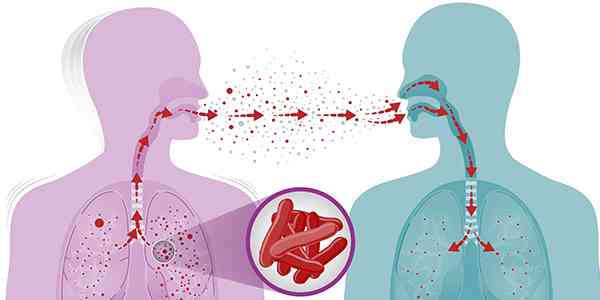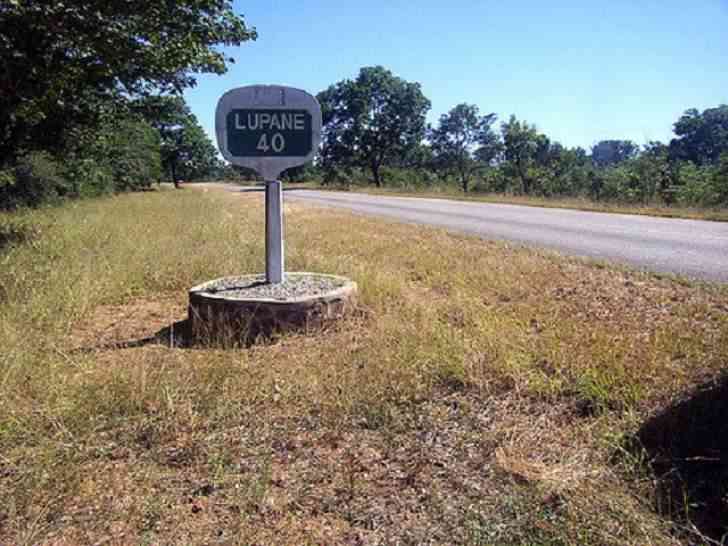
HEALTH experts yesterday called on government to scale up Tuberculosis (TB) research funding, diagnosis and treatment to meet the global 2030 target of ending the communicable disease.
The experts’ calls come as the country joins the rest of the world today to commemorate the World TB Day under the theme Yes! We can end TB!
Community Working Group on Health executive director Itai Rusike said government had to leverage on COVID-19 response mechanisms to end TB.
“Funding for research on TB in Zimbabwe is minimal, and new tools to prevent, diagnose and treat TB are urgently required,” Rusike said.
“There is an opportunity to leverage on COVID-19 infrastructure and investments to improve the TB response, integrate TB and COVID-19 testing and tracing, and strengthen efforts to overcome the barriers that people continue to face when accessing TB services.”
Available statistics indicate that the country records an estimated 21 000 new cases of TB each year. At least 3,1% of these cases are drug resistant, while an estimated 6 300 Zimbabweans die of TB every year.
“In addition, there is need to increase financing for TB prevention and care, innovations in care delivery, and research and development, including for new TB vaccines to prevent the development of drug resistant TB,” Rusike said.
“The theme brings attention to TB and our collective power to end TB by 2030 and, therefore, reach the sustainable development goals.”
- Young entrepreneur dreams big
- Chibuku NeShamwari holds onto ethos of culture
- Health talk: Be wary of measles, its a deadly disease
- Macheso, Dhewa inspired me: Chinembiri
Keep Reading
Senior technical officer at Zimbabwe Health Interventions project, Ngonidzashe Ganje, said it was possible to end TB.
“Getting back on track to turn the tide against the TB epidemic is possible through high-level leadership, increased investments, faster uptake of new World Health Organisation (WHO) recommendations and adoption of innovations, accelerated action and multisectoral collaboration,” Ganje said.
WHO’s End TB strategy aims for a 90% reduction in TB deaths by 2030.










